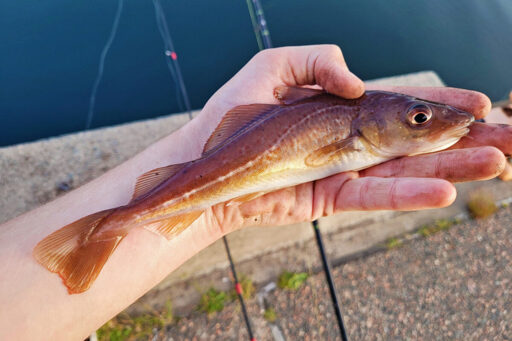The eastern Baltic cod has shrunk dramatically in size in recent decades due to rapid evolution — changes at the genetic level — caused by decades of intensive fishing, a new study says. It’s one of the first studies to show that a marine species has evolved in response to fishing pressure. Sampled Eastern Baltic cod, which are a distinct subpopulation of Atlantic cod (Gadus morhua), lost nearly half of their length from 1996 until 2019, according to the study, which was published in the journal Science Advances on June 25. The data collected for the study also showed that the fish lost nearly four-fifths of their weight over the same period. “If you just see the data, it’s crazy,” the study’s first author, Kwi Young Han, told Mongabay. Han is a postdoctoral researcher in marine evolutionary ecology at the GEOMAR Helmholtz Centre for Ocean Research Kiel in Germany; the study emerged from her Ph.D. work. Han’s Ph.D. supervisor and co-author on this paper, Thorsten Reusch, said the findings had disturbing implications. “When the largest individuals are consistently removed from the population over many years, smaller, faster-maturing fish gain an evolutionary advantage,” Reusch said in a press release. “What we are observing is evolution in action, driven by human activity. This is scientifically fascinating, but ecologically deeply concerning.” (Left) A map of the Baltic Sea showing Bornholm Basin, the main spawning site for eastern Baltic cod. The fish historically also spawned in the Gotland Basin and Gdansk Deep, but no…This article was originally published on Mongabay
From Conservation news via this RSS feed


